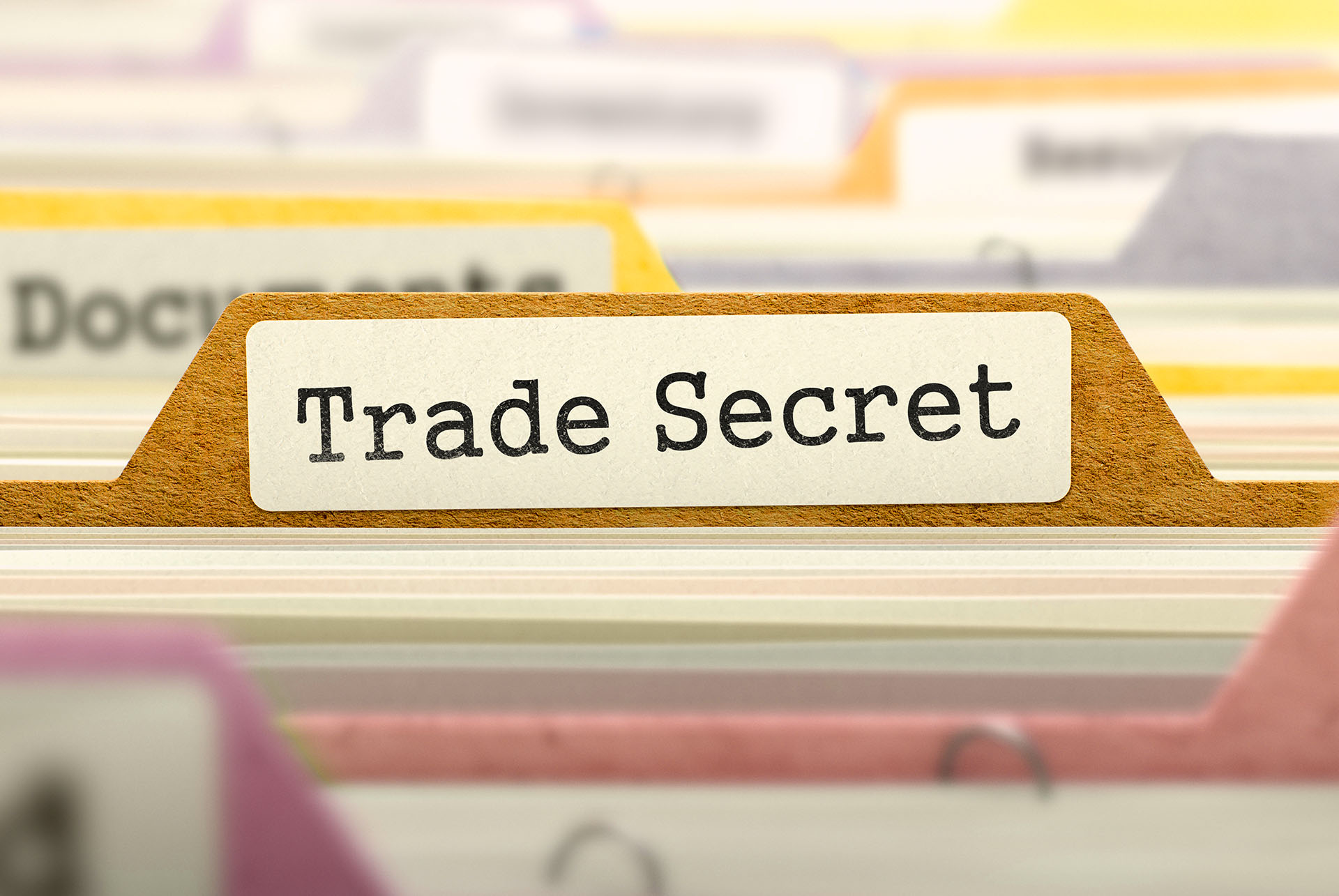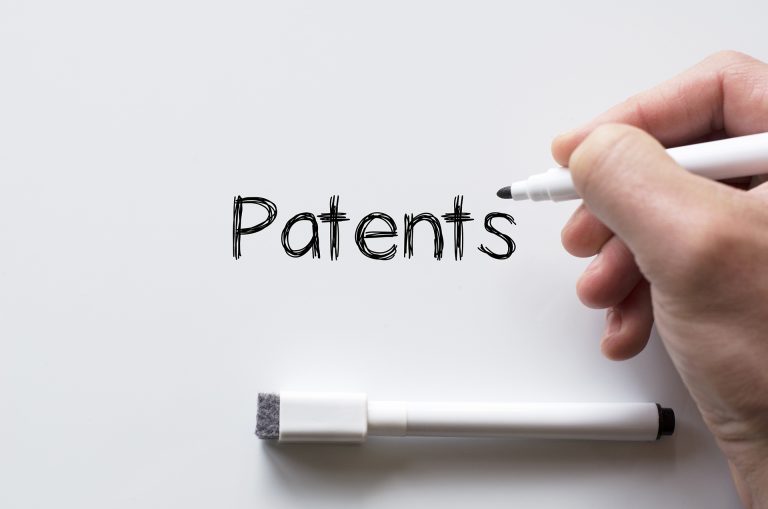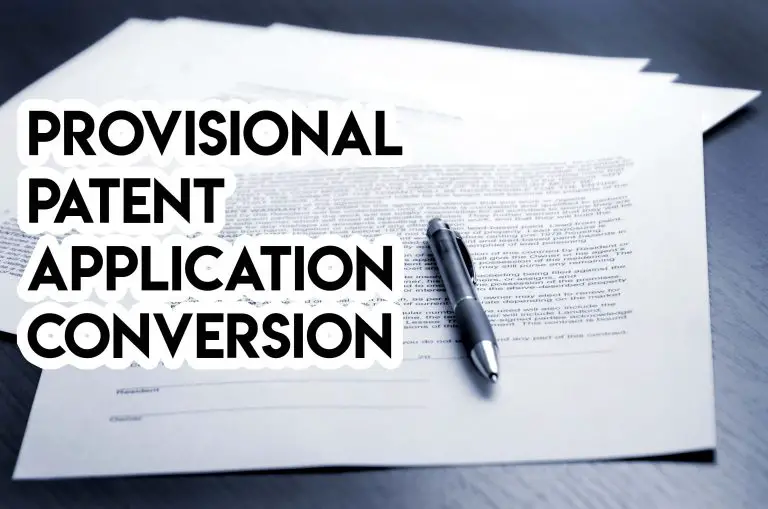Trade Secret vs Patent Protection
When persons or businesses have intellectual property (IP) that they want to protect, they often look for the appropriate type of IP protection. If IP is at the heart of your business, you should take the time to understand whether your IP is protectable under trade secret law or patent law. We will explain the difference between protecting your IP with trade secrets vs patents, as well as the advantages and disadvantages of choosing either of them.
Trade Secret vs Patent Protection
Trade secret law protects information that a business keeps confidential, is not publicly known, and gives a business a competitive edge. Patents, on the other hand, can be used to protect the functional aspects of an invention, such as how it works and how it’s used and also the appearance of an invention.
Trade Secrets
Trade secrets protect information that is kept confidential by a business, is not known publicly, and gives the business a competitive advantage.
The beauty of trade secrets is that they can potentially last forever. So long as the information is kept secret and reasonable measures are taken to keep the info secret, trade secret protection will continue to apply.
Somethings that can be protected as a trade secret include:
- Manufacturing process
- Formula
- Customer lists
- Techniques to manufacture an object
- Recipes, such as the one for the Coco-Cola soft drink
- Names of suppliers
For some companies, the trade secrets that they have are super important to their success, as such, they take great lengths to protect their trade secrets by keeping them confidential and pursuing legal action against those who misappropriate them or try to make them public.
The more the competitive edge a trade secret gives a business over its competitors, the more protection a trade secret holder will be given under trade secret law.
That said, to benefit from trade secret law, an individual or business must show that it took reasonable steps to keep the information it wants to be protected as a trade secret confidential.
Patents
Patents, on the other hand, offer protection to inventors who are granted a patent over their invention, machines, process, or design. Patents allow inventors to stop others from using, making, selling, and importing the patented invention to the United States for a limited period of time.
Utility patents last for 20 years from the date an individual files a patent application with the patent office. Design patents last for 15 years from the date the patent office grants a design patent application.
Some things that can be protected by patents:
- Machine
- Process
- Design
- Composition of Matter
- Formula
- Article of Manufacture
- Software
That said, to obtain a patent, an individual must disclose everything there is to know about the invention, including how to make the invention, how the invention works, and how the invention is used by the end-user.
So, if you have an invention that you want to keep secret, it may be worth it to keep your invention secret and protected under trade secret law. Also, since patenting an invention means publicly disclosing your invention.
So, when patenting an invention, you should consider the fact that when your patent does expire, the public will be able to make, use, and sell your once patented invention without having to obtain your permission.
That said, if an individual has an invention that he has been protecting as a trade secret and has also sold commercially, he must file a patent application to protect that invention within 12 months of first offering the invention or product for sale.
If an individual does not file a patent application with the patent office within 12 months of selling, offering to sell, or publicly disclosing the invention, the individual will be denied patent protection.
Advantages and Disadvantages of Trade Secret Protection vs Patent Protection
Assuming that the intellectual property you own can be protected by both a trade secret and a patent, which form of IP protection should you choose?
Length of Protection
The most important advantage that trade secret protection offers over patent protection is that trade secrets have the potential to last forever, whereas utility patents last for only 20 years from the filing date of a patent application.
So, if you have IP that qualifies for both forms of protection and you want indefinite protection, you may want to consider protecting your IP under trade secret law vs patent law.
That said, you have to remember that trade secrets last for as long as you keep them secret and place reasonable protections in place to avoid having your trade secret becoming public.
Cost to Maintain
If you’ve patented an invention using a utility patent, then you know that not only are you responsible for the costs associated with preparing and filing a patent application but also for the cost of maintaining a utility patent.
To keep a patent active and to continue to enjoy patent rights, an inventor must pay periodic mandatory fees known as maintenance fees. Maintenance fees range from a few hundred dollars to thousands of dollars depending on the size of the patent holder’s business.
The advantage that trade secret protection has over patent law is that trade secrets do not carry any maintenance fees. You only have to worry about the fees associated with keeping your trade secret, secret.
Disclosure of Sensitive Information
If you want to patent your invention, you must disclose everything there is to know about your invention, including how to make your invention and how to use it.
Once your patent expires, the public can make, use, and sell your once patented invention without having to obtain your express permission. Since you’ve disclosed how to make your invention and how to use it, the public will have the blueprints on exactly how to recreate your invention.
So, this is something to keep in mind.
If you have an invention or a special way of manufacturing something, you may want to explore protecting it as a trade secret if you don’t want your competitor’s figuring out exactly how to replicate your invention or process.
Amount of Information Protected
If you have an invention that incorporates several different inventions, it might be extremely costly to file a patent application for each and every separate invention.
So, if you want to protect a machine or process that involves more than one invention, you should consider protecting your IP using trade secret law because a trade secret can protect a lot more information than a single patent application can ever offer to protect.
Speed to Obtain Protection
The patent office currently has over 550,000 pending patent applications, so to say the least, it takes a long time to patent your invention and gain patent law protection.
The USPTO currently estimates that it takes 24 months to obtain a utility patent for an invention.
On the other hand, trade secret law is immediate and takes only as long as it takes you to put reasonable measures in place to keep your intellectual property secret.
That said, the USPTO does offer a service known as Track One to expedite your application. Track One promises to give an applicant a decision on his patent application within 12 months.
Although the service promises a decision within 12 months, many applicants have been able to patent their invention using Track One within less than 6 months.
Reverse Engineering
This is where patent protection is superior to trade secret protection. If you have a product that you’re offering to the public, you may want to patent it instead of protecting it with a trade secret and we will tell you why.
A utility patent protects how to make your invention, as well as how to use it. As such, even if a third party attempts to reverse engineer your product and make a competing product if the two products look different but function the same way, a patent holder will be able to stop them from using, making, and selling the patented product.
If you rely solely on trade secret law to protect your product, you won’t have any protection if a third party reverse engineers your product and sells a competing product.
Today, there are many tools that are readily available that can reverse engineer products, such as soft drinks and cosmetics.
Also, if you’re offering a product that includes electronics, electronics can easily be reverse-engineered because circuits are easy to reproduce.
So, you should weigh the option of patenting your invention against relying on trade secret law to protect it.
Losing Trade Secret Protection
A trade secret is only valuable as long as you protect. If someone legally or illegally discloses your trade secret, you may be able to take action against the individual who misappropriated it, but if it becomes public, it’s no longer a trade secret.
If it’s publicly available, trade secret law won’t protect you from anyone else who uses the trade secret to make a competing product using the information that was once protected.
As such, patent law may offer better protection because the information is publicly disclosed and yet the patent holder has the right to restrict the public from using, making, selling, offering to sell, and importing the patented invention to the United States.
However, patents only offer protection in the country that issued the patent. So, if you obtain a patent in the United States, you will only be allowed to restrict others from using and selling your invention in the US.
If you want protection in other countries, such as China, you will have to obtain a patent over there, as well.
Patent Rebel Frequently Asked Questions
1) Can you patent a trade secret?
You can patent a trade secret if the trade secret involves intellectual property that patent law protects, such as invention or a process, and if you haven’t publicly disclosed or offered a product that incorporates the trade secret within more than 12 months of filing a patent application with the USPTO. If you’re curious about whether you can patent your trade secret, you should contact a patent attorney, talk to them about your specific situation, and they should be able to offer you the best advice on how to proceed.
2) What is Trade Secret Protection?
Trade secret protection is nonformal type of protection that does not need to be applied for. Anything that gives you a competitive advantage that you keep secret and take reasonable steps to protect can be protected as a trade secret.
3) What is an example of a trade secret?
The best example of a trade secret is the Coca Cola beverage formula. Coca Cola never patented the formula for what is arguably the most popular beverage known to man. Instead, Coca Cola protects its formula and process for manufacturing the iconic drink as a trade secret.
4) How long can a trade secret be protected?
Trade secret protection can potentially last forever, so long as no one discloses the trade secret (legally or illegally) and the reasonable measures are put into place to protect the secret information.
5) How long can patent protection last?
Utility patent last for 20 years from the date an applicant files a utility patent application with the patent office. Design patents last for 15 years from the date the patent office grants a design patent application. That said, once a patent expires, the invention falls into the public domain. Once it falls into the public domain, anyone can make, sell, use, and import the patented invention to the US without having to obtain the patent holder’s permission. Moreover, the patent document at the patent office serves as a good blueprint on how to make and use the patented invention, so that the public can make it and improve upon it.
What is the Difference Between a Patent and a Trade Secret?
(Patent vs Trade Secret)
At this point, you should know the difference between a patent and a trade secret. While patents must be applied for to obtain protection, trade secrets do not need to be applied for. We covered the advantages of patent vs trade secrets. If you have IP that you want to protect, you should contact an experienced intellectual property attorney to assess your situation. Every situation is different and only your attorney will be able to help you determine the appropriate IP protection for your specific situation.







